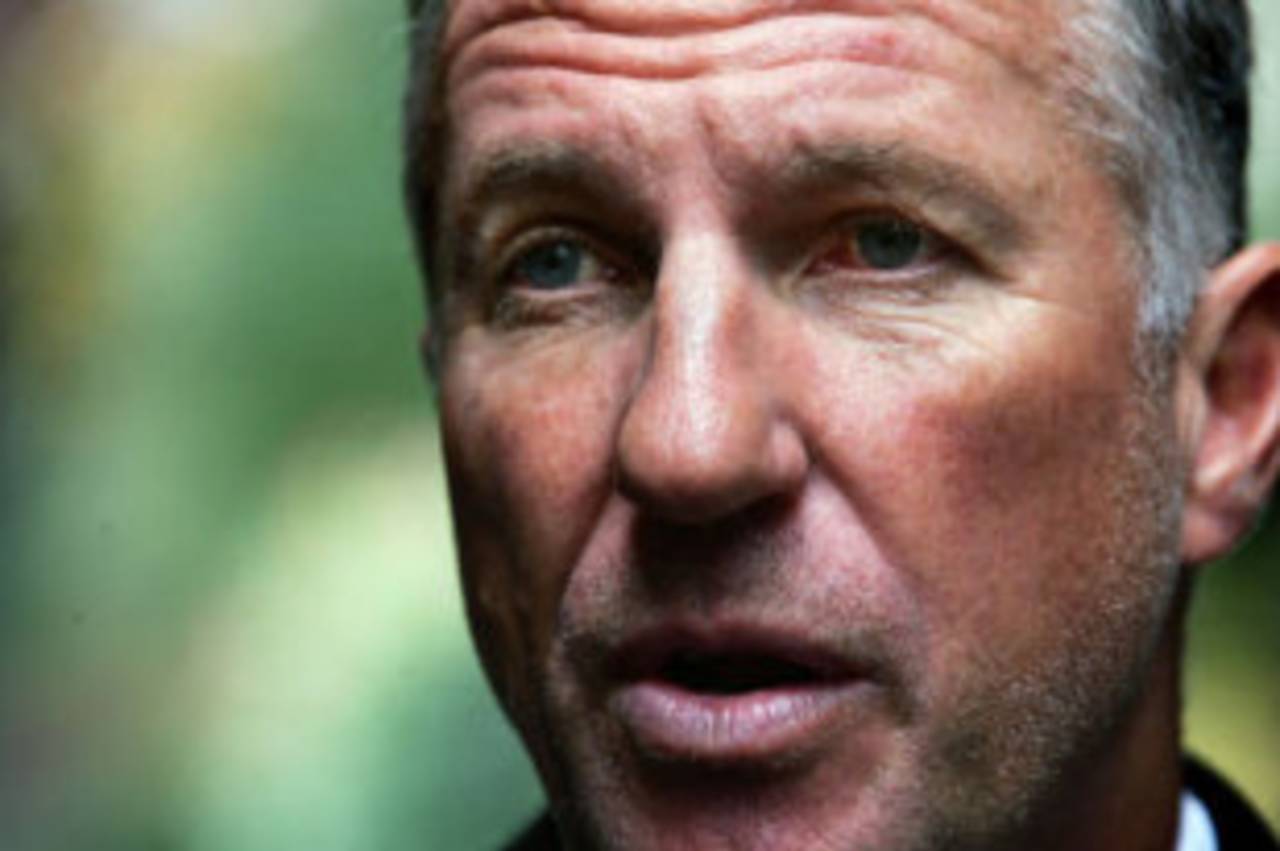If everyone's hell-bent on ruining cricket through forever discussing the Decision Review System, then by Gower I want a piece of it. If you're going to bring my favourite sport to its knees by repeatedly bringing its predisposition for nitpicking over trifling details to the fore, then at least let me have my say.
The Decision Review System - otherwise known as the DRS system, or "Decision Review System system" - is something that at least appears to polarise opinion. I say "appears" because for the most part people think it's basically okay even if it still results in the occasional incorrect decision.
However, the column inches devoted to its workings might imply there is some sort of ferocious battle taking place between advocates and deniers.
Decisions remaining wrong
There have been a great many questionable decisions arrived at via DRS during this summer's Ashes series. The vast majority of them have involved the on-field decision being upheld. In those situations, the DRS is achieving nothing but isn't having a negative impact beyond irritating people and wasting time. Even then, the people most irritated appear to be Shane Warne and Ian Botham, which surely counts as a positive.
As well as seconding bad decisions, the DRS has also resulted in some bad decisions being overturned. This wouldn't have happened without it, so overall it is in credit.
Many people won't believe me on that last point. They might point to a particularly bad decision as evidence.
Finding something to say
We love a turning point in sport, and if that turning point can be associated with a bad decision on the part of those marshalling the game, so much the better for the losing team. It gives you scope for righteous indignation and allows you to construct a parallel fictional narrative where Shane Watson wouldn't have persisted in playing across his front pad until he was inevitably given out lbw, but would instead have done what he did yesterday, even though that only happens about once every three years.
It is for this reason that the media loves the DRS. It basically sends up a flare whenever there is an event that can then be repackaged and presented as a turning point. These controversial DRS decisions are basically the only ones we remember.
Individual examples
Human beings can't handle large data sets. In fact, we can't handle statistics at all. It's not that we don't understand them; it's just that logic always loses out when pitted against an emotional response - and numbers generally don't move us that much.
It basically boils down to a mentality of "I'll believe it when I see it", but you can never see a greater number of umpiring decisions ending up correct. You can't see the overall picture. What you see are wrong decisions - even when they are just decisions that are merely remaining wrong (see above). These specific examples are what provoke the greatest emotional response and they are therefore what we remember. That then becomes our means of judging the system.
Why not cite a specific poor DRS decision in the comments and use it as proof of the system's inadequacies? Pick a really good one, an incident that left even members of the opposition incredulous. I can't argue against you. "Things generally being a little bit better than they used to be" just isn't all that persuasive an argument.
Alex Bowden blogs at King Cricket
